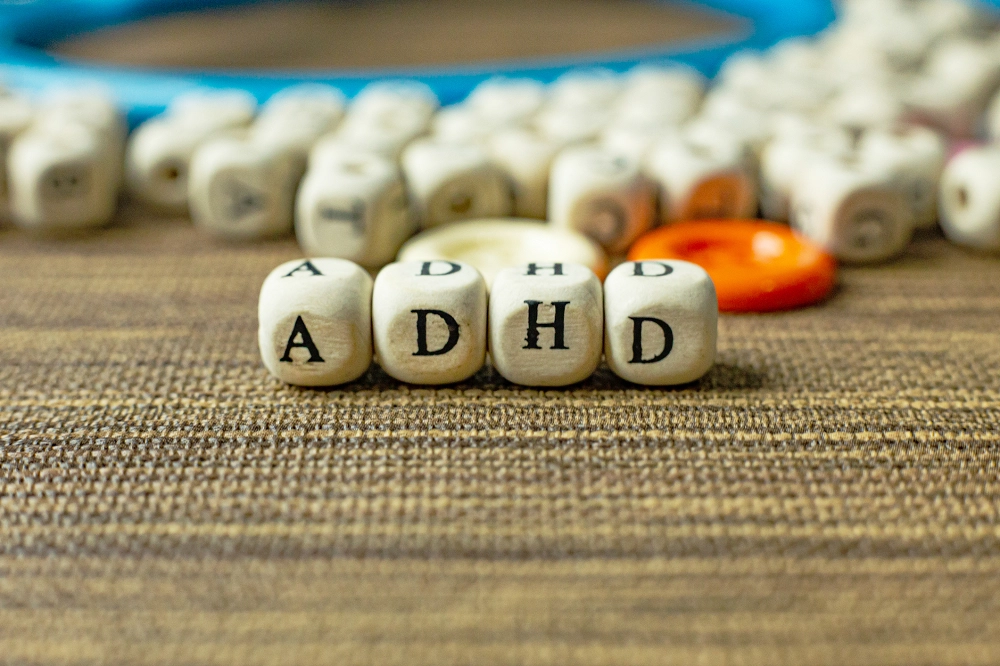We all know someone in our lives who is always late and often still either dressing or finishing breakfast when they arrive. Just being with these people makes us feel anxious because we can only imagine what life must be like for them; running from one thing to the next, never feeling put together because of their seeming inability to gauge time.
When that person is your spouse it is extremely hurtful. You have to remind them over and over about what time they must arrive at a particular place. And when they come rushing in late again, you wonder what is wrong. If they loved you, they would make sure they were on time. If they cared about their children’s recital or being on time for a family event, why wouldn’t they make more of an effort? As a spouse you become frustrated beyond measure; believing that this person must not care, or worse yet does not love you. Why would someone who loves you hurt you and continually disappoint you? Trust is broken when someone promised to be on time and then breaks their promise.
If this person has Attention Deficit Hyperactivity Disorder (ADHD), there is a good explanation (not excuse) for their continual tardiness.
ADHD affects the executive function aspect of the brain, which is the ability to organize thoughts and activities, prioritize tasks, plan, manage time efficiently, pay attention to and remember details and control emotional responses.
These are some of the ways the executive function deficits play out in time management for the individual with ADHD:
- The brain tends to move toward whatever is most interesting at the time so you can get “lost” in the moment, not thinking ahead to that promised time of arrival. It can easily go into “hyper focus” mode that keeps you focused on the current activity rather that looking ahead to where you should be going.
- When plans are made your ADHD brain thinks more in generalities and not in details. If you are going to a wedding you may remember the time and day but not take into account the time needed to take a shower, polish your shoes and iron your clothes, not to mention rush hour traffic that was not considered. You underestimate the amount of time it takes to get ready.
- The ADHD brain tends toward procrastination. Until there is a sense of urgency, it is difficult to get started.
- ADHD tends to make you impatient and so you avoid boredom. Getting anywhere early and having to wait may make you feel bored.
- Since planning ahead is not one of your strengths, thinking about what needs to be done before you leave doesn’t occur until you begin to feel the stress of being late.
The good news is that there are many ways to help yourself. The first one is to recognize the problem and the devastating effects it has on other people. Our smart phones were designed for the ADHD brain! With all the alarms and reminders there is no excuse for you to be late anymore.
A counselor who understands ADHD can help you establish new habits and systems that will lead to a more ordered, and peaceful life.



